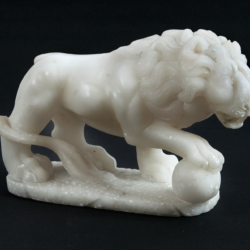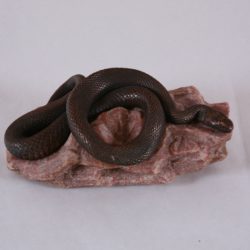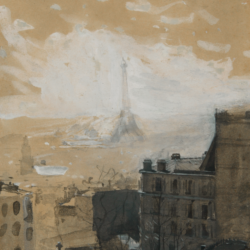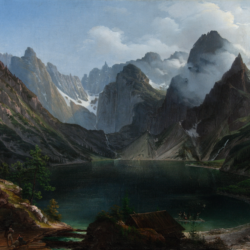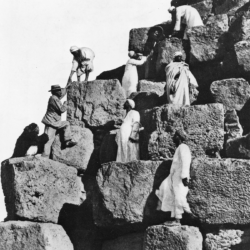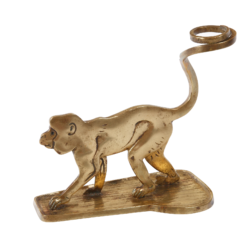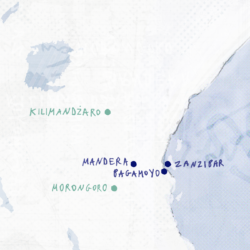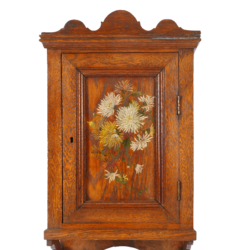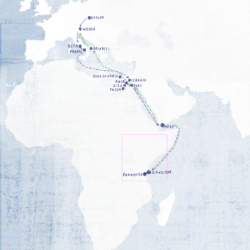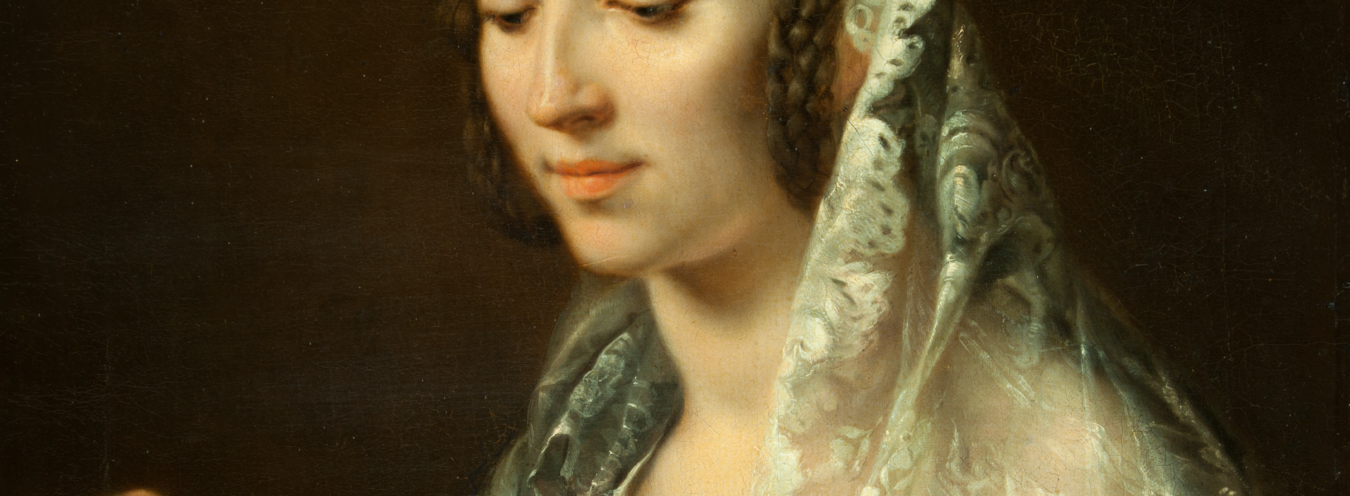
Between the longing to return and the desire to flee
It is true that a considerable delay in Sienkiewicz’s coming back to Warsaw can be explained by a variety of objectively valid reasons. It appears, however, that his willingness to return to the home country was counterbalanced to a certain degree by an urge to leave the Old Continent yet again. Here is how this yearning was expressed by Sienkiewicz in one of his letters to Leo in 1879:
Nothing new on my side: life is as depressing and foolish as usual. – If Doctor Piotrowski (from the French navy) succeeds at getting me onboard, I’ll voyage to China and Japan with him. It’s not sure yet. In March, I was going to leave for Gabon, but the plan fell through this time.[1]
So, not long after getting back, Sienkiewicz tries to organize an even farther journey. In fact, the writer diagnosed himself with “traveling fugue” while still in America, which he described as follows:
[…] I did not know back then, as I don’t know now, where I’m going to be in a few months’ time. Next year may see me in Warsaw, or maybe in San Pablo. Dromomania is like any other addiction. It is difficult to take the first step, but everything that follows is driven by some strange force, like the one haunting the Wandering Jew, on and on, into perpetuity.[2]
A marked change in the writer’s attitude can be found reflected in his letters to the recently met Maria Szetkiewicz: “I have been blessed with […] the great virtue of Native Americans: I am very patient in waiting. This gift has allowed me to achieve all the major goals in my life so far – the trend, I believe, that is going to continue in the future.”[3] Apart from the repeated assurance of “waiting patiently” for Maria, the next letter contains the announcement of Sienkiewicz’s intention to make a (rather radical, given his previous stance) adjustment in his life: the actual return to his home country. He writes: “I have finally decided to come back to Warsaw, close the chapter of my voluntary exile, and open a new one. What will I find there? Time will tell.”[4]
As is now known, Maria was not particularly convinced by these vows. Apparently, she did not believe Sienkiewicz would settle down, even less so in the context of the reputation he had in Warsaw.
It is not my intention to impute any evil to you, Sir, but I do not have that absolute trust in you that should be the foundation of any closer relationship. […] We only know you from meeting you in person in Venice and from what we have heard about you in Warsaw, so there can obviously be no question of any commitment.[5]
It seems that Maria’s rejection of his first proposal made Sienkiewicz realize that, if he really wished to come back home, he had to marry Maria Szetkiewicz; and, in turn, if he really wanted to have her for a wife, he had to come back a changed man. A man at peace with himself, hiding his still burning Wanderlust deep inside.
The fact that it was the right way for him to go (and that his unstable living situation and unquenched desire to travel were, indeed, key reasons why he was not initially accepted) is more than confirmed in a letter Maria Szetkiewicz wrote to her mother late in the autumn of 1880:
You know, Mamma, what I think? I think this was a decisive year for him. Either he would go on a grand tour again without paying his dues, and again, live a debased life of a wastrel from day to day: that would make him die as a man (though he might remain famous as an artist); or, he could overcome his difficulties, commit to work, earn a position and acceptance as a selfstanding [?] man – not an artist who has lost his soul.[6]
The above excerpt evokes an image of Sienkiewicz as a reckless adventurer. It is far from later eulogies of the canonical writer, but it appears consistent with the many insights offered by his letters, especially the ones he wrote in America. This also proves that Sienkiewicz’s mind stayed in America much, much longer than his body, since he seems to have come back to Europe only once he got married. He arrived in Warsaw on November 7, 1879, but spent some time leading a bachelor’s life, seeking Maria’s hand in marriage, and settling down. His second proposal was accepted at the beginning of 1881, which we will assume to be the tentative time when, at last, the writer mentally returned from his American expedition. A letter to Stanisław Witkiewicz, dated summer 1881, reveals Sienkiewicz already past the American-style penchant for minimalism as he describes the process of decorating his Warsaw apartment in a detailed – exceedingly detailed – manner:
The apartment may not be ready yet, but all the furnishings have already been purchased. They need to be checked over and put together, which I’m going to do as soon as all the joiners, upholsterers, and masons finish fixing the floors and walls. The living room looks like this: [a sketch] the wallpapers is in the color of Burgundy; one set of furniture has the hue of wilting leaves, the other, smaller one is Marie Antoinette-style; a sofa, ditto; two chairs upholstered with Burgundy satin. A console table and a grand French walnut dining table from the main set, both exquisite. A swag lamp. Your drawings on the walls, a carpet on the floor, windowsill plants and cacti – a thicket, I’m telling you. Windows and doors fitted with curtains and portieres. The walls will be decorated with arms as soon as they are delivered.[7]
Przypisy
- H. Sienkiewicz, Listy [Letters], vol. 3, part 1, op.cit., p. 487; trans. J. M.
- H. Sienkiewicz, Listy z podróży do Ameryki [Portrait of America: Letters of Henryk Sienkiewicz], part 2, op.cit., p. 24; trans. J. M.
- H. Sienkiewicz, Listy [Letters], vol. 4, part 1, edited, prefaced and annotated by M. Bokszczanin, Warsaw 2008, p. 46; trans. J. M.
- Ibidem, p. 48; trans. J. M.
- M. z Szetkiewiczów Sienkiewiczowa, Listy [Letters], ed. B. Szargot, Piotrków Trybunalski 2012, p. 50 (letter of September 20, 1880), emphasis B. Sz.; trans. J. M. It is worth mentioning here that, in light of the cited correspondence, the view that Maria’s parents played a dominant role in her initial rejection and then acceptance of Sienkiewicz’s marriage proposal seems an overstatement.
- Ibidem, p. 76 (letter of November 11, 1880).
- H. Sienkiewicz, Listy [Letters], vol. 5, part 2, op.cit., p. 283; trans. J. M.

